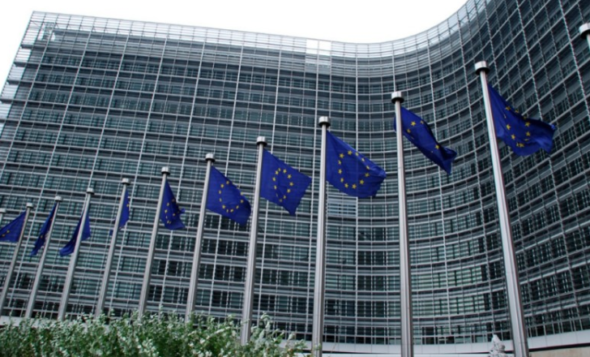What goes on in Poland on the 20th of December.
Moskwa and Vestager will talk about Gazprom and Fit for 55
Climate and Environment Minister Anna Moskwa will meet with EU Competition Commissioner Margrethe Vestager. The talks in Brussels will focus on the situation on the gas market and the activities of Gazprom. The minister will also take part in the ENVI Council (Environmental Council), during which Fit for 55 issues will be discussed.
„On Monday I will see Commissioner Vestager, I will once again call for the launch of a monopoly investigation, that will lead to sanctions and prevent such action in the future,” Minister Anna Moskwa said during the Friday conference.
„We are constantly striving to ensure that Gazprom’s monopolistic practices are stopped and not repeated in the future,” she said last week.
Anna Moskwa will also take part in the ENVI Council, during which the Fit for 55 package will be discussed. „Poland is not a passive participant in the work on this document. We are working on each of the directives and preparing solutions. I feel responsible for the package and I know that we have a good team that will negotiate appropriate solutions,” emphasized the minister in an interview with the RMF FM radio.
Gas in Poland will be more expensive from next year
The President of the Energy Regulatory Office approved new tariffs for the sale of gas to PGNiG Obrót Detaliczny and the distribution of this fuel for Polska Spółka Gazownictwa. People who use gas not only in gas cookers, but also to heat their homes will pay the most. For the first time, the tariff spreads the gas price increase into installments using a mechanism that allows to limit the scale of the increase by shifting part of the cost over three consecutive years.
„On December 17, 2021, the President of the Energy Regulatory Office approved the PGNiG Obrót Detaliczny (PGNiG OD) tariff for household consumers. It is also the first tariff approved on the basis of a special mechanism introduced to minimize gas price increases for household consumers. It allows to limit the scale of the gas price increase by spreading some of the costs across three consecutive years, and not as before – including all these costs only in the currently calculated tariff,” reads the ERO release.









